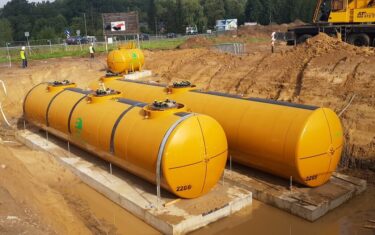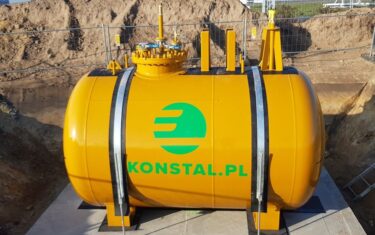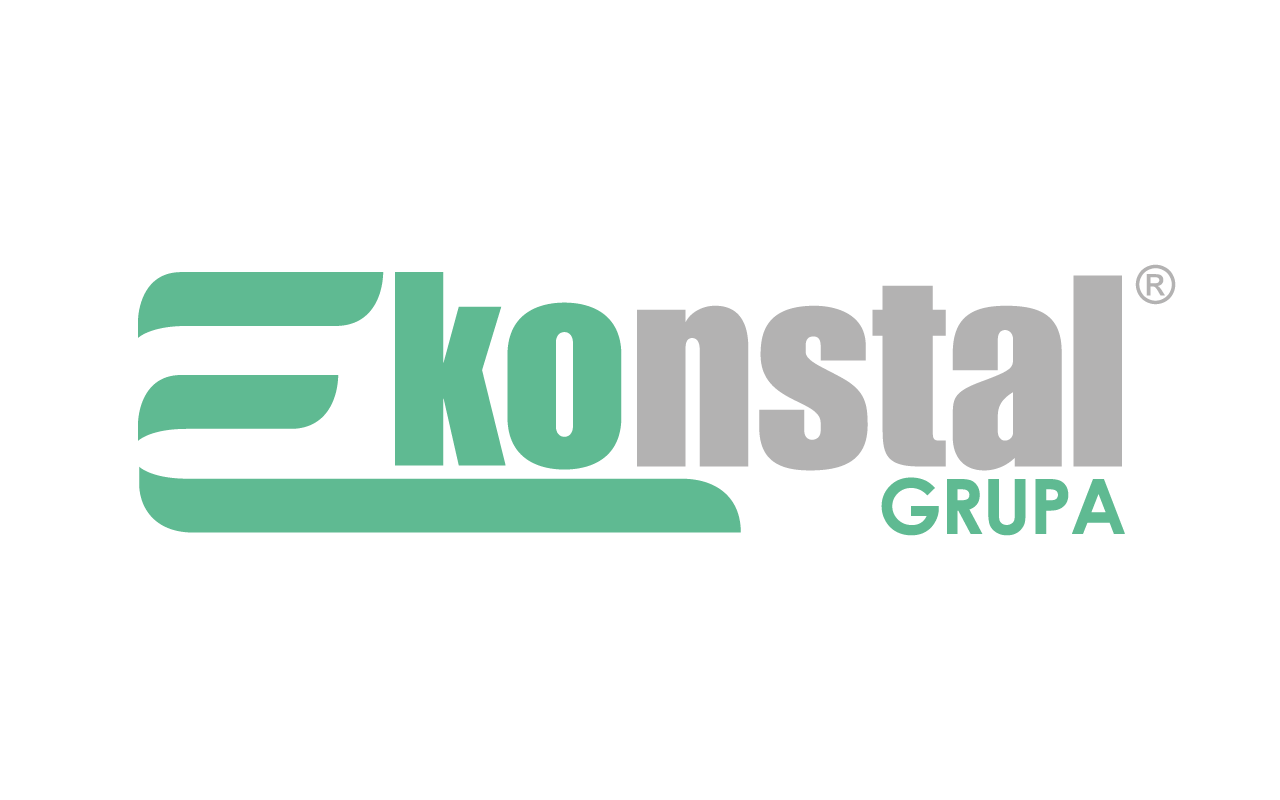


Interesting information about the project
From 2035, the registration of new internal combustion engine cars in the European Union will be prohibited. The only exception will be the cars that will run on e-fuels, i.e. synthetic fuels, neutral in terms of CO2 emissions. However, it does not mean that those produced before 2035 will suddenly disappear from the market. It will still be able to use them, which means that their owners will need fuel for their daily operation. They will be able to drive them until the end of their lifespan. The secondary market for vehicles with conventional drive will also function, and therefore the fuel sector and traditional filling stations will still stay after 2035.
Therefore, the EU decision will not cause a sudden reduction of the development of petrol station network. Moreover, estimates indicate that the peak demand for traditional fuels is still ahead of us and is expected to occur around 2030. The Motor Transport Institute estimates that in Poland in 2040 electric cars will constitute only about 23.5 percent. In many European countries, the market will not change drastically. New filling stations are still being built to meet current and future demand. The end of the functioning of the traditional automotive industry will take place only in probably next two decades.
One of our clients (an international petrochemical concern) consistently develops a network of fuel distribution points and builds new facilities in Poland. Both the offer of alternative fuels and the offer of fuels for owners of traditional combustion cars are being developed. The Ekonstal Group is one of the partners that has been regularly delivering underground steel tanks to construction sites of new fuel stations for years. As part of this order, we produced three underground steel tanks with the following parameters:
- single-wall LPG storage tank with a capacity of 10 m3,
- double-wall fuel tank, divided into three chambers with a capacity of 20, 15 and 15 m3,
- double-wall fuel tank, divided into two chambers with a capacity of 50 and 20 m3.
Each of the tanks supplied by us has been externally protected with Endoprene anti-corrosion coating. This type of coating is resistant to abrasion and dents, as well as punctures and high temperatures. The fuel tanks have been additionally protected internally with a specialized epoxy coating. This coating protects the tank against corrosion and securely discharges electrical charges.
All three underground steel tanks are equipped with anti-slip belts and special rubber belts for anchor bands. These elements are important during the foundation and assembly of the tank at the target location. Rubber belts play an anti-slip role – they increase the safety of people involved in the assembly and reduce the risk of falling, as well as ensure the stabilization of anchor bands and reduce the risk of their uncontrolled moving. Their stable fastening is extremely important, because the purpose of anchor bands is to protect the tank against uplift by groundwater.

